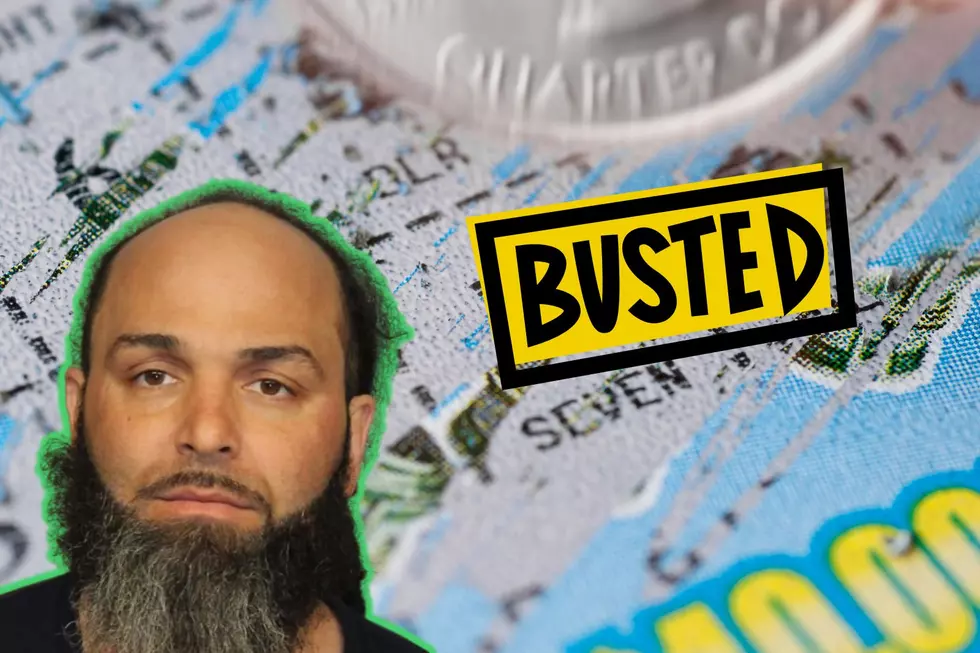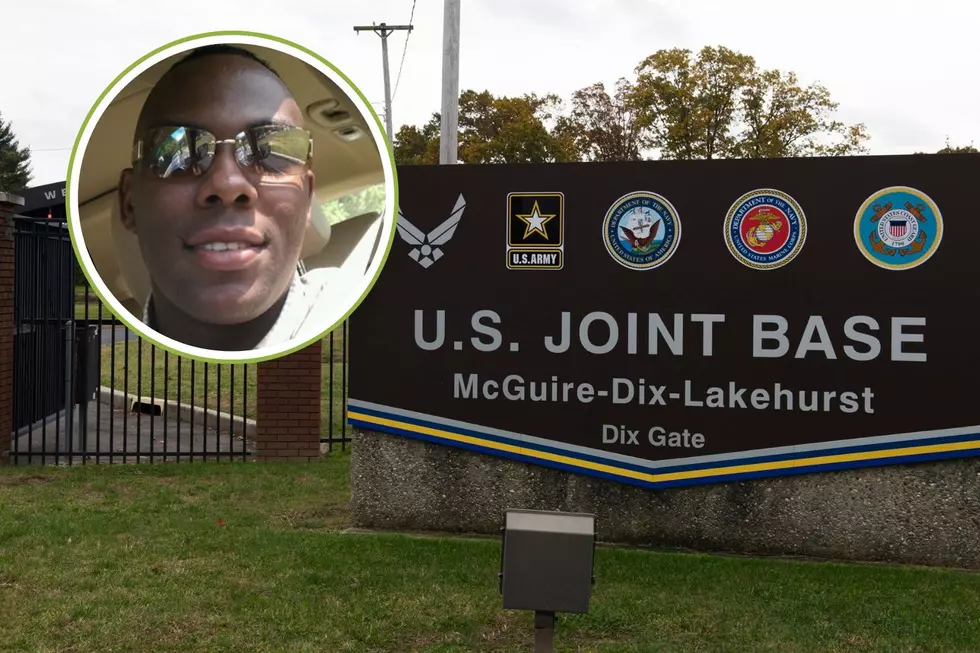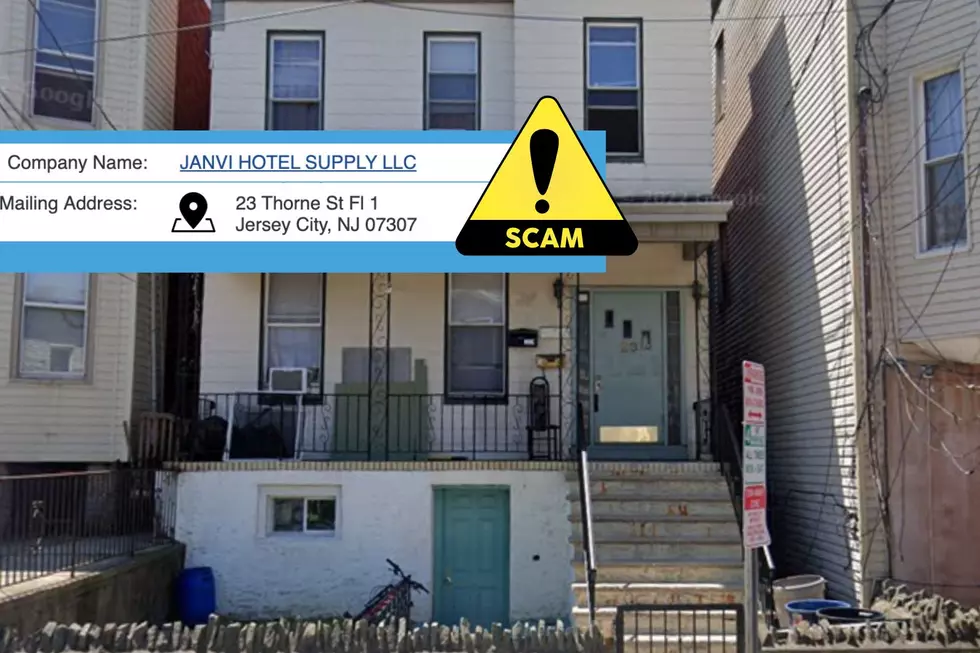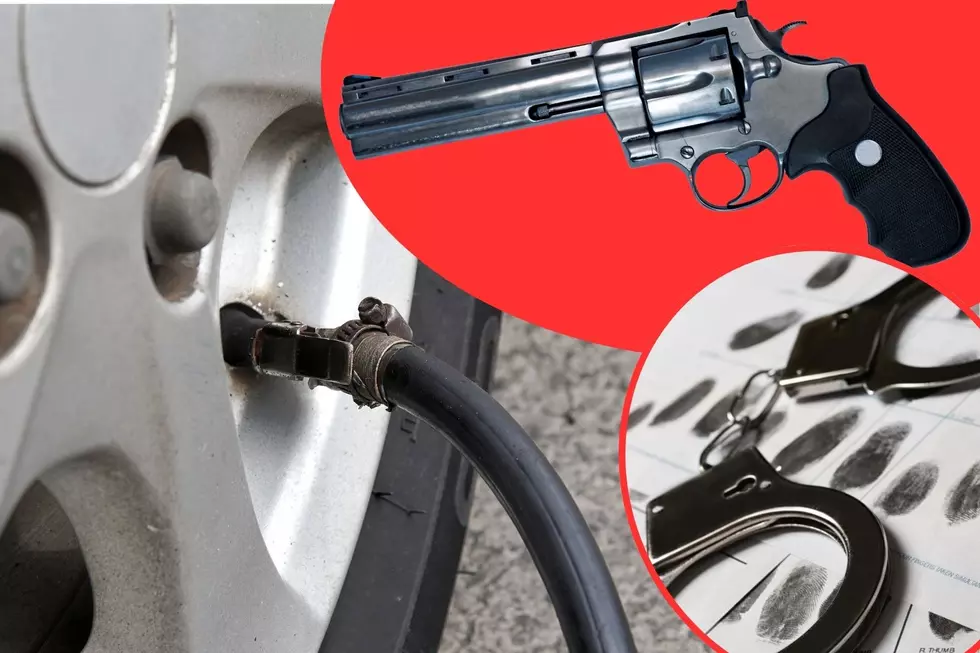![Prescription Drugs Pose Challenges For NJ Law Enforcement [SERIES]](http://townsquare.media/site/385/files/2012/08/Collier.jpg?w=980&q=75)
Prescription Drugs Pose Challenges For NJ Law Enforcement [SERIES]
This is the second in a week-long, five-part series about the abuse of heroin and other opiates among New Jersey's youth. Stacy Proebstle talks to recovering addicts, parents, prevention specialists, substance-abuse professionals and law enforcement officers to address current trends and issues along with possible solutions. Read the full series here
The problem for law enforcement across the state is that prescription drugs aren't illegal when properly prescribed.
"It is something that we are focused on, both on the enforcement side and the education and prevention side" said Doug Collier, a special agent with Drug Enforcement Administration, New Jersey Division.
He said children who start abusing prescription drugs often move onto pills cheaper cousin, heroin, because its cheaper.
"We are really concerned with the cycle of addiction, where we see pills facilitating the opiod addiction which is leading to heroin addiction. We are finding one and two time use of heroin because of the very high purity in this state, people can get easily addicted, so its on our radar screen and we are going to continue to pursue and eliminate as much of it as we can."
Toms River Police Chief Mike Mastronardy says they are seeing a dramatic increase in the number of heroin and opiate overdoses in the community.
"In the last week alone we had ten heroin overdoses, all between the ages of 24 and 27, and three of those individuals didn't make it."
Mastronardy says the increase in drug-related calls is directly related to the increase robberies and burglaries in the county.
"Its not a financial or economic problem, it is a heroin and a prescription pill problem that is affecting the crime rate."
New Jersey is already one of 43 states that have a prescription drug monitoring program, unveiled in January, 2012.
State databases are designed to alert prescribers that someone may be abusing drugs or diverting them for illegal sale. They keep track of who is getting prescriptions for powerful pain relievers such as oxycodone, Vicodin and Opana.
Pharmacists enter prescriptions for controlled substances into the database, so prescribers can see if patients are getting pills at multiple locations.
"We are not telling people not to take their medicine, we are saying that it is being used and abused and diverted to other people and that's where we're seeing the link to heroin abuse" said Collier. "This database is designed to crack down on patients who doctor shop and go to numerous different doctors, different appointments, hoping to get as much prescription painkillers as they can without being noticed."
"Nationwide surveys show that many still mistakenly believe prescription medication is harmless - and this misperception is fueling a nationwide epidemic that's sending thousands of New Jerseyans into addiction treatment centers each year, and 40 Americans to the grave each day. The NJ Prescripton Monitoring Program is an important tool in our statewide effort to halt the soaring problem of prescription drug abuse and diversion" said Tom Calcagni, Director of the New Jersey Division of Consumer Affairs.
Still, its difficult to get a handle on a problem that's quickly reached epidemic proportions.
"Kids are smart, they know what they're doing, and we can only keep an eye on them so close, we have to stop sticking our heads in the sand at home and pretending this isn't happening" said Mastronardy.
National Prescription Drug Take Back Day
Getting rid of unwanted and expired or leftover prescription drugs when they're no longer needed can clear a home of the temptations that lead to serious addictions, Collier said. Programs like national Operation Take Back day, September 29th from 10 am to 2 pm.
"It really gives people a chance to clean out their medicine cabinet, get rid of that stuff that proper way."
In addition, this year, partnering with the Partnership For A Drug Free New Jersey, the U.S. Attorney's Office, the New Jersey Attorney General's Office and others, Collier said they are launching a back to school initiative, dubbed the Right Prescription For New Jersey.
"We are targeting parents and teens, kids are going back to school and we want to make them aware of this insidious problem with prescription drug abuse."
The American people responded overwhelmingly to the most recent DEA-led National Prescription Drug Take-Back Day. On April 28th, citizens turned in a record-breaking 552,161 pounds (276 tons) of unwanted or expired medications for safe and proper disposal at the 5,659 take-back sites that were available in all 50 states, including New Jersey.
Click here to go to the the DEA's website and to look up a drop-off site for unused or expired medicines near you.
RELATED:
More From New Jersey 101.5 FM









